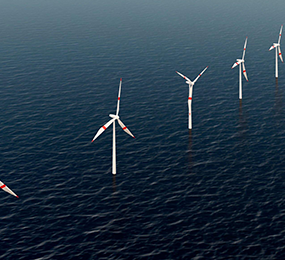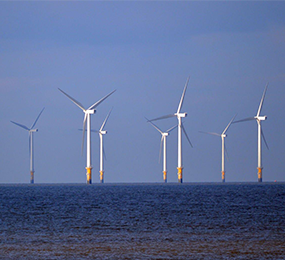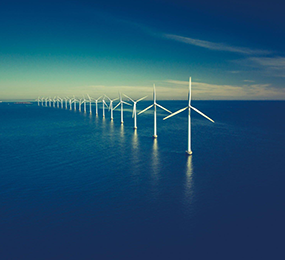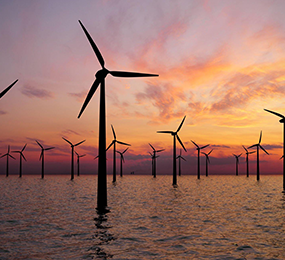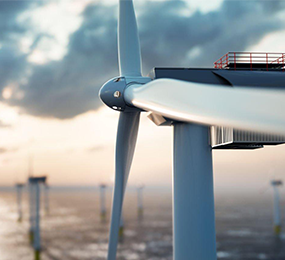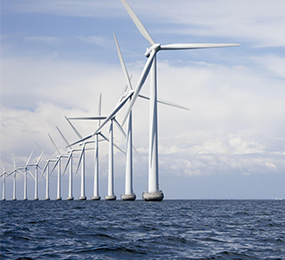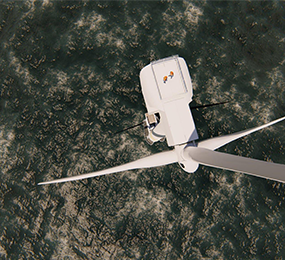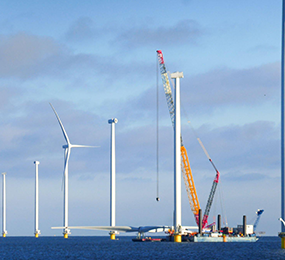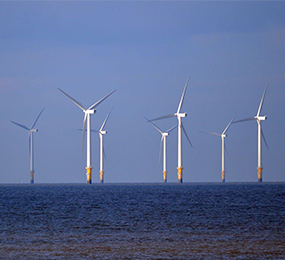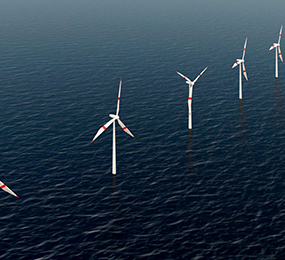Floating offshore wind energy is an innovative and increasingly viable solution to meet global energy demands while reducing carbon emissions. Private investment plays a critical role in accelerating the deployment of this renewable energy source by supporting research, development, and the implementation of large-scale projects. As governments across the globe strive to meet ambitious climate targets, the need for private investment to fund floating offshore wind farms has become more pressing.
Floating wind technology offers a significant advantage over traditional offshore wind energy because it can be deployed in deeper waters, where wind speeds are typically higher, resulting in increased energy generation. However, the initial cost of floating platforms and associated infrastructure is still a barrier to rapid growth. This is where private investment becomes essential. Private equity firms, venture capitalists, and corporate investors provide the necessary funding to scale floating wind projects, helping to drive down costs through economies of scale and technological advancements.
Private investors are increasingly recognizing the economic potential of floating offshore wind. The promise of stable, long-term returns, especially as governments around the world introduce green energy policies and subsidies, has made floating offshore wind an attractive investment. Additionally, corporate power purchase agreements (PPAs) and renewable energy certificates are driving demand for wind power, providing opportunities for private investors to enter the market and realize substantial returns.
Several high-profile investments in floating wind projects demonstrate the growing confidence in this sector. For example, partnerships between private investors and major energy companies are supporting the development of large-scale floating wind farms in Europe, Asia, and North America. These investments are driving innovation in the design of floating platforms, mooring systems, and grid integration, further enhancing the viability of the technology.
Private investment not only helps to fund the projects themselves but also fosters a broader ecosystem of innovation, including advancements in materials, maintenance, and digital monitoring systems. By providing the capital needed for research and development, private investors contribute to reducing costs and improving the efficiency of floating wind energy, ultimately making it a more competitive option in the global energy market.
As floating offshore wind energy continues to grow, the role of private investment will be indispensable in achieving the scale necessary to meet global renewable energy goals. With increasing private sector involvement, the future of floating wind looks promising and capable of playing a key role in the global transition to clean energy.
To register or learn more about the Forum please check here: https://www.leadventgrp.com/events/5th-annual-floating-wind-europe/details
For more information and group participation, contact us: [email protected]


